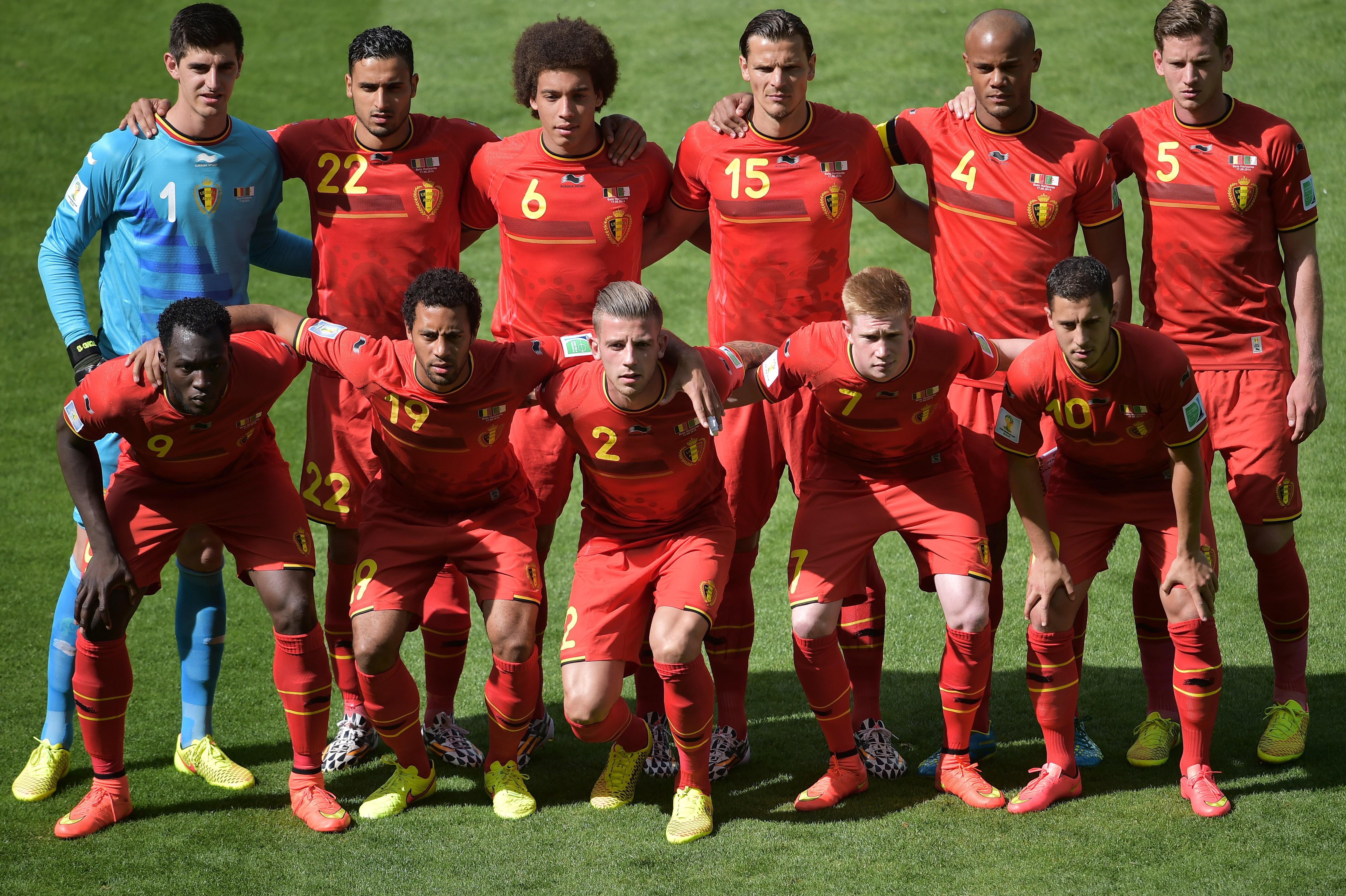Belgium’s gaffe-happy former Prime Minister Yves Leterme once famously said that the only things all Belgians have in common are “the King, the football team, some beers.” Say what you will about the pressure on Team USA heading into Tuesday’s showdown against Belgium—at least nobody’s expecting them to keep the whole country from falling apart.
Belgium has now gone more than a month since the most recent elections without the parties in parliament being able to form a government. This might be noteworthy except that Belgium went a world record 540 days without a government back in 2010 and 2011. The underlying issue is the division between the country’s Dutch-speaking Flemish majority and the French-speaking Walloons. The Flemish, in particular, largely favor further devolution of power to regional governments and resent their tax dollars going to support the less prosperous French-speaking south. Belgians, more or less, live in separate areas, watch separate TV, read separate newspapers, and vote for separate politicians.
A party led by leading Flemish separatist Bart de Wever won the most seats in the most recent parliamentary election, but he has struggled to get support from the Francophone parties he likely needs in order to form a government.
Which brings us to the national soccer team, known as the Red Devils and a trendy pick to surprise at this year’s World Cup. The team has been a rare source of national pride for what’s generally ranked as one of the least patriotic populations in Europe. The team’s roster features both French and Flemish names as well as a strong contingent of players from second-generation immigrant families from countries including Congo, Morocco, Mali, and Italy.
National team captain Vincent Kompany, whose father is from Belgium’s former colony Congo, has been an outspoken advocate of national unity, tweeting, “Proud of my team, proud of our country, together we can achieve anything #Belgium,” after a recent victory. Chants of “Bart, tonight you are alone,” directed at de Wever, have been heard in the stands at the team’s games.
Enthusiasm for the team has reportedly been equally strong in Flemish and Walloon areas, and for once, Belgium seems to be acting like a real, united country rather than the artificial creation portrayed by its critics. Not surprisingly, King Philippe made the trip to Brazil, and I’m guessing more than a few Hoegaardens and Leffes will be consumed as well.
Of course, not everyone’s caught up in Red Devil fever. Belgium, like many European countries, has had problems with racism against nonwhite players. Flemish nationalist leader Filip Dewinter of the far-right nationalist Vlaams Belang party has also called for separate Flemish and Walloon teams and started a petition calling for “Flemish Lions instead of Red Devils.”
If nothing else, this seems like a poor soccer decision. The nationalists might want to consider the experience of the United Kingdom, another sovereign entity whose very existence is challenged by separatist sentiment, and whose component countries mostly compete separately in international play. (The Olympics, which features a unified Great Britain and Northern Ireland team, is one major exception.) Team England was, of course, a disappointing washout at this year’s World Cup, but just imagine the possibilities if the team had been able to start Welsh superstar Gareth Bale.
Let this be a lesson to Belgians: United we make it to the World Cup, divided we don’t make it out of European qualifying.
